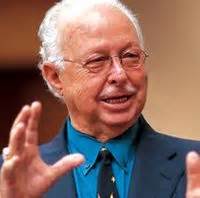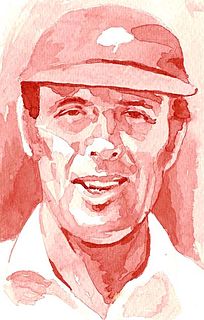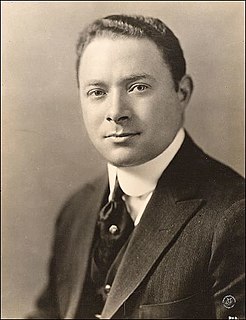A Quote by Jon Gordon
So often the difference between success and failure is belief. Belief leads to action and execution.
Quote Topics
Related Quotes
Every idea is an incitement. It offers itself for belief, and if believed it is acted on unless some other belief outweighs it or some failure of energy stifles the movement at its birth. The only difference between the expression of an opinion and an incitement is the speaker's enthusiasm for the result.
Until the content of a belief is made clear, the appeal to accept the belief on faith is beside the point, for one would not know what one has accepted. The request for the meaning of a religious belief is logically prior to the question of accepting that belief on faith or to the question of whether that belief constitutes knowledge.

































